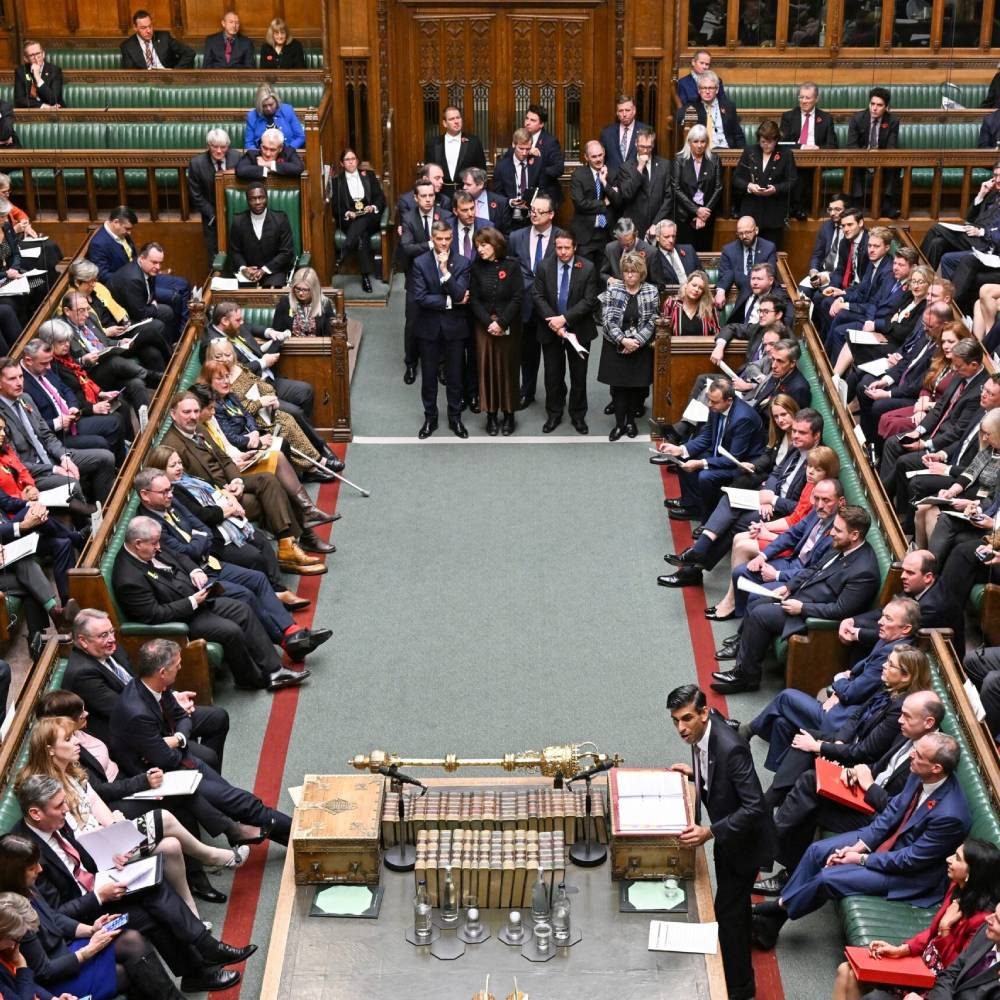Empowering Democracy The Imperative of Election Year Civic Engagement
In the fabric of any thriving democracy, civic engagement stands as a cornerstone, and election years serve as pivotal moments for citizens to actively participate in shaping the future of their nation. As the heartbeat of democracy quickens during election cycles, the call for heightened civic engagement becomes even more resounding. In this comprehensive exploration, we delve into the significance, challenges, and transformative potential of election year civic engagement, emphasizing its role in fostering an informed and empowered citizenry.

